Exploring Events and Notifications in Azure DevOps
Events in Azure DevOps trigger actions when specific conditions are met, while Notifications allow you to receive updates based on those events. Together, they help automate and monitor deployments, builds, and other DevOps processes.
1. Events in Azure DevOps
Events are actions that occur when certain conditions are met in Azure DevOps pipelines, repositories, or services.
These can be:
Build or release completions.
Pipeline state changes (e.g., failed, succeeded).
Code check-ins.
Work item updates.
Types of Events
Build/Release Events: Triggered when a build completes, a release is created, or a deployment succeeds/fails.
Branch Events: Triggered on changes to a branch (e.g., pull requests, code commits).
Work Item Events: Triggered when work items are created, updated, or transitioned.
2. Notifications in Azure DevOps
Notifications are actions that are triggered based on events. They can be sent to users via email, Slack, Microsoft Teams, webhooks, or other channels.
Types of Notifications:
Email Notifications: Send status updates via email.
Slack/Teams Notifications: Send messages to Slack or Microsoft Teams.
Webhooks: Trigger custom actions or updates to external systems.
Setting up Events and Notifications
Example 1: Build Success/Failure Notification
Trigger: Build completes successfully or fails.
Notification: Send an email or Slack message based on build status.
xxxxxxxxxx121trigger2 branches3 include4main5jobs6jobNotifyOnBuildCompletion7 steps8taskSendEmailV2@19 inputs10 to'user@example.com'11 subject'Build Completed'12 body'The build has completed successfully.'Example 2: Release Success Notification
Trigger: Release is created and completes successfully.
Notification: Notify a Slack channel or Teams group.
xxxxxxxxxx111trigger2 branches3 include4releases5jobs6jobNotifyOnReleaseCompletion7 steps8taskNotifySlack@19 inputs10 webhookUrl'https://hooks.slack.com/services/...'11 message'Release has been successfully deployed!'Example 3: Work Item Update Event
Trigger: Work item is updated (e.g., status changed, assigned to a user).
Notification: Send an email or create a task in an external system like Jira.
xxxxxxxxxx131trigger2 workItems3 # Trigger on work item update events4 types5workItemUpdated6jobs7jobNotifyWorkItemUpdate8 steps9taskSendEmailV2@110 inputs11 to'team@example.com'12 subject'Work Item Updated'13 body'Work item has been updated.'3. Service Hooks and Notifications
Service hooks can be set up to trigger external notifications or automate actions when events occur in Azure DevOps.
Example:
Trigger an Azure Monitor alert on deployment failure or update an external system like Slack or Teams when a specific pipeline status is achieved.
Benefits of Events and Notifications:
Automation: Automatically respond to changes in builds, releases, and work items.
Real-time Updates: Provide instant updates to teams, managers, and stakeholders.
Custom Workflows: Integrate with external tools for a seamless DevOps experience.




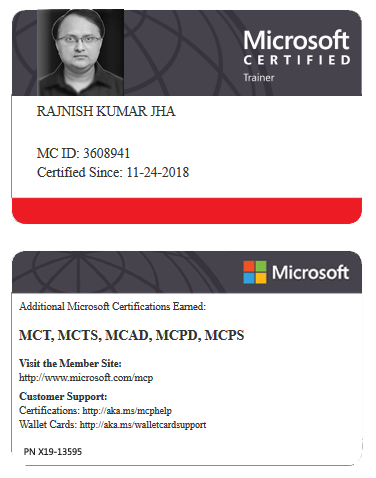






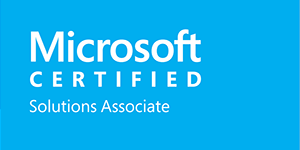
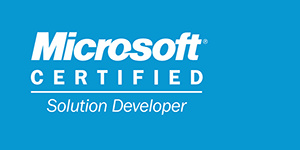


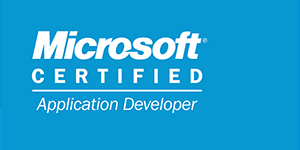
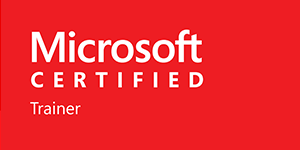





Leave a Reply